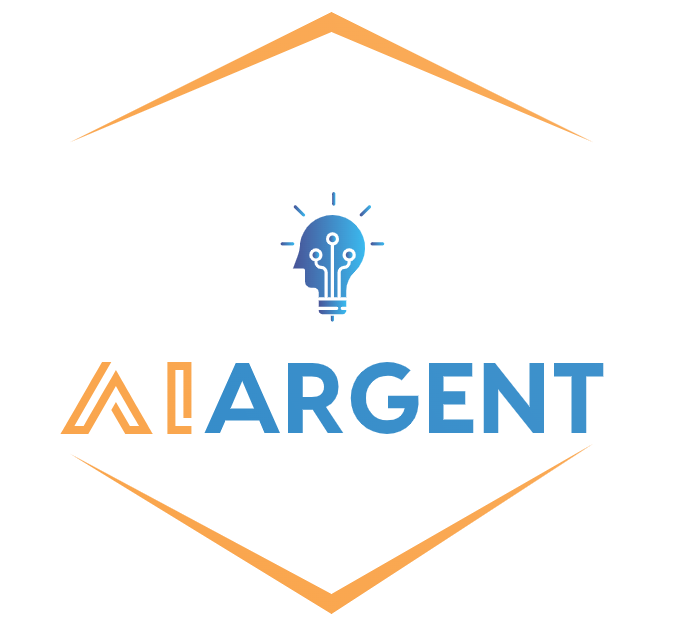In the rapidly evolving landscape of technology, Generative Artificial Intelligence (AI) stands out as one of the most fascinating and transformative developments. With its ability to create, imitate, and innovate, Generative AI is reshaping industries, sparking creativity, and raising important ethical questions. In this comprehensive article, we delve into the various techniques, applications, and ethical considerations surrounding Generative AI in the year 2023.
Understanding Generative AI Techniques
1. Variational Autoencoders (VAEs)
At the heart of Generative AI lies the Variational Autoencoder. VAEs are neural network architectures that learn to represent data in a compact form and then reconstruct the original data from this compact representation. This technique forms the basis for many generative models by allowing AI systems to generate new data samples that are similar to the training data.

2. Generative Adversarial Networks (GANs)
Another groundbreaking technique is Generative Adversarial Networks. GANs consist of two networks: a generator and a discriminator. The generator creates new data samples, while the discriminator assesses their authenticity. Through an adversarial process, these networks push each other to improve, resulting in astonishingly realistic and diverse outputs.
3. Transformers and Attention Mechanisms
The rise of Transformers has revolutionized natural language processing and image generation. Attention mechanisms within Transformers allow the model to focus on relevant parts of input data when generating output. This technique has paved the way for state-of-the-art language models and image generation models like OpenAI’s GPT series.
Applications of Generative AI
1. Art and Creative Industries
Generative AI has breathed new life into art and creative expression. Artists are using AI algorithms to create unique and innovative pieces of music, visual art, and even literature. The interplay between human creativity and AI-generated content is redefining what it means to be an artist in the digital age.
2. Content Creation and Marketing
Content creation, once time-consuming, is now being augmented by Generative AI. From generating compelling product descriptions to crafting engaging social media posts, AI is becoming an invaluable tool for marketers. It streamlines the creative process, allowing professionals to focus on strategy and innovation.
3. Drug Discovery and Healthcare
In the realm of drug discovery, Generative AI is expediting the process of designing new pharmaceutical compounds. By predicting molecular structures and potential drug interactions, AI is accelerating the development of life-saving medications and revolutionizing personalized medicine.
4. Simulation and Training
Generative AI is also making waves in simulation and training scenarios. Flight simulators, medical training simulations, and even video game environments are becoming more realistic and immersive thanks to AI-generated content. This not only enhances training experiences but also reduces real-world risks.
Navigating Ethical Complexities
As Generative AI gains prominence, ethical considerations come to the forefront. Here are a few key areas of concern:
1. Bias and Fairness
AI models can inadvertently perpetuate biases present in the training data. Ensuring fairness and mitigating bias is an ongoing challenge, requiring careful curation of training datasets and continuous evaluation of model outputs.
2. Intellectual Property
The boundary between AI-generated and human-created content raises questions about intellectual property rights. Who owns the rights to content created by AI? This complex issue is being addressed through legal and ethical discussions.
3. Misinformation and Deepfakes
The ability to generate highly realistic content also raises concerns about misinformation and deepfakes. As AI systems become more adept at creating convincing fake content, there is a pressing need to develop robust tools for content verification.
Embracing Responsible Innovation
In the midst of these ethical considerations, it’s important to remember that Generative AI holds immense promise. By embracing responsible innovation, we can harness its power to enhance creativity, efficiency, and problem-solving across various sectors.
Conclusion
In 2023, Generative AI stands as a testament to human ingenuity and technological progress. With its varied techniques, wide-ranging applications, and ethical intricacies, Generative AI encapsulates the challenges and opportunities of our digital age.
By fostering collaboration between technology experts, ethicists, and policymakers, we can ensure that Generative AI continues to shape a future that is both innovative and ethically sound.If you’re eager to explore more insights on AI, technology, and their impact on the digital landscape, visit The Insider’s Views. Gain valuable knowledge and stay informed about the


1 thought on “Generative AI: Techniques, Applications, and Ethics in 2023”